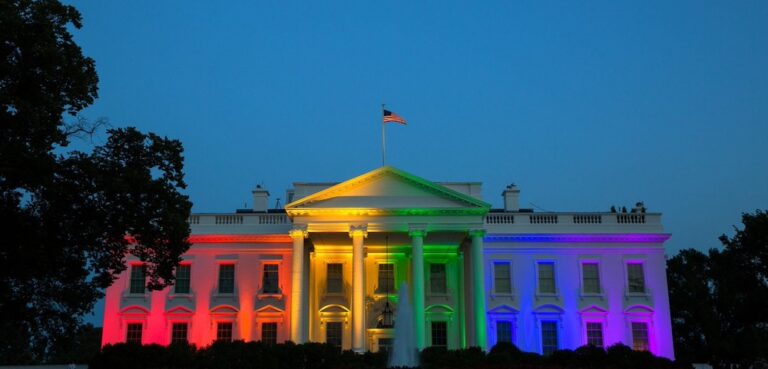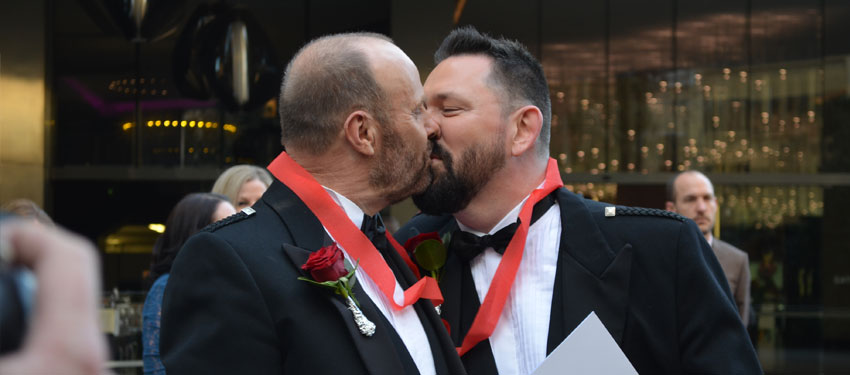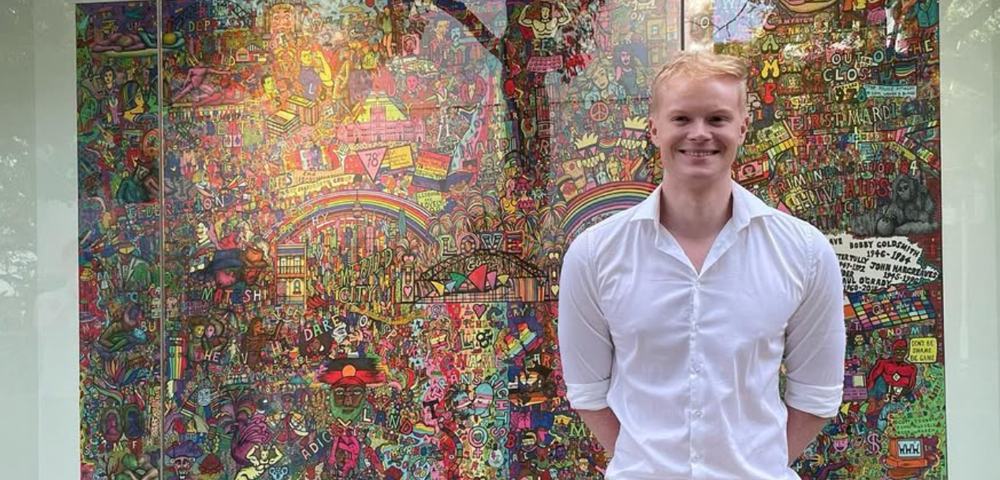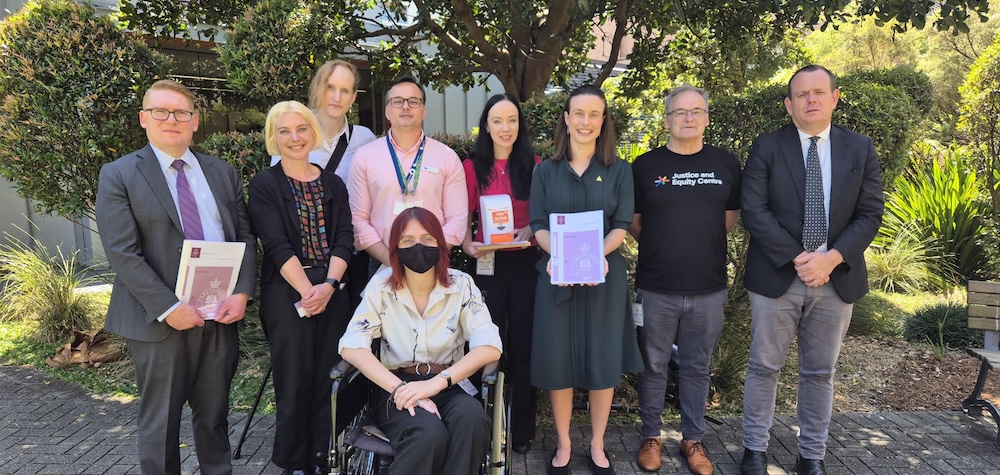
Still second class citizens
Last week the vote for marriage equality went down in both the upper and lower houses of federal Parliament. While this was not a surprising result, it is still a disappointing one – a reminder that in some ways we are still second class citizens.
However, many public statements have shown that the Australian public is overwhelmingly in favour of marriage equality. To paraphrase federal Labor MP Steven Jones, who authored one of the bills, even though the vote was lost, we can claim victory in securing public support for the change.
We should not lose hope or drive, because it is not uncommon for legislative change to lag behind popular support. The first vote for the decriminalisation of homosexuality was defeated in 1981, but passed two years later. Similarly, the first vote for equal age of consent was lost, but the reform was achieved a short time later in 2003.
Unlike countries such as America, where same sex couples are denied equal rights to heterosexual couples, reforms to federal law in 2008 already afford equality in many areas including tax, superannuation, immigration, social security, Medicare, aged care, veterans’ and defence entitlements, family law and child support. The push for marriage equality in Australia is largely symbolic – though nonetheless important.
Last week, a cross-party working party announced their intention to introduce a same-sex marriage bill into NSW Parliament. NSW Premier Barry O’Farrell announced that he would afford state Liberal members a conscience vote on a state based same-sex marriage bill. While the federal Marriage Act (1961) was amended in 2004 to define marriage exclusively as between a man and a woman, s51 of the Constitution grants concurrent powers to the States to legislate with regards to marriage and some Constitution law experts believe there may be a case for the states to have the capacity to also legislate marriage. The NSW announcement comes on the heels of a similar one from the Tasmanian state government.
The push from state governments to legislate for same-sex marriage is important in the overall push for marriage equality. Even if it does not succeed, as support for same-sex marriage increases, those that oppose it begin to look more out of step with the attitudes of the mainstream, and will be forced to change their view or risk irrelevance. Hopefully this will not be lost on our federal leaders.
INFO: You can find out how your member voted on our homepage (glrl.org.au – via a link to the ABC’s website). If your member, or your families member voted against marriage equality, now, more than ever, is the time to express your disappointment, and let them know that it does affect people in their electorate, and that the people elected them want to see change.
By: LAINIE ARNOLD, NSW GLRL








